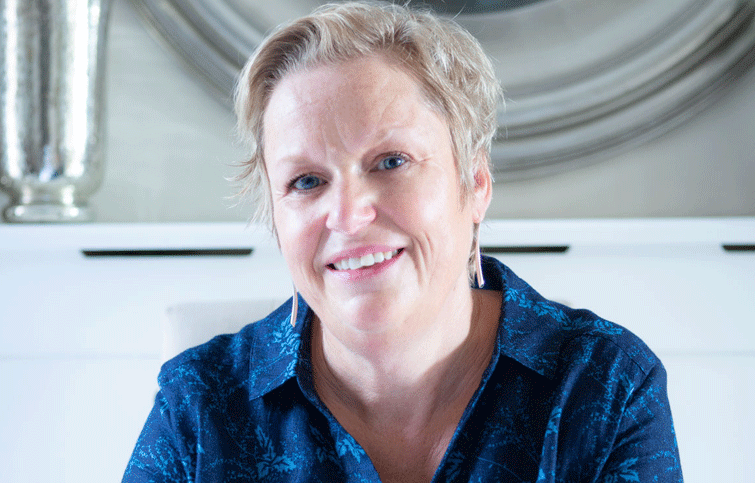Make a difference
People like you help us every day through regular donations
Read stories DonateTrustees’ Week, 7th to 14th November, celebrates the achievements of over 1 million trustees across the UK. Dr Fran Hyde, senior lecturer in marketing at The University of Suffolk and one of St Helena Hospice's trustees, writes this blog...
 At a time when the need for trustees to support, as well as challenge, senior leaders of UK charities has never been more vital, the Hospice UK Trustees Conference in September seemed very well timed!
At a time when the need for trustees to support, as well as challenge, senior leaders of UK charities has never been more vital, the Hospice UK Trustees Conference in September seemed very well timed!
I have been a trustee at St Helena Hospice for over three years but not yet managed to attend this conference due to clashes with my full-time job. I was determined to make this year’s conference so that I could hear the wide variety of expert speakers and join the useful debate taking place alongside each session.
I am aware that trustees will always think that their charity is the most important or their cause the most vital, and that can sometimes make it hard to share views or seek out opinions on challenges faced, however my experience of the hospice community has always been very different.
Everyone involved in hospices from trustees to CEOs, clinicians and volunteers alike, have open and honest dialogue, share challenges and triumphs, and do collaborate. This is because we are all ‘in it’ for the wider mission of providing more and even better end of life care to a greater percentage of the UK population.
My key takeaways from the Hospice UK conference have relevance for hospices but also people who might be involved as trustees for other organisations. Firstly, it was clear from discussions around the conference that hospices still need to remember that people don't always understand what a hospice actually 'does'. Or indeed the range and scope of the organisation, thus a potential trustee may not always be aware of the contribution that they could make to a hospice. To fix this is not rocket science but does mean not making assumptions.
Secondly, trustees at the conference agreed that hospices still have work to do on being clear what 'the ask' is when recruiting trustees. Furthermore, hospices need to ensure that development, support and retention of trustees is planned, just as they would be doing for other members of their workforce as well as volunteers.
Perhaps there needs to be some oversight of this by the chair of trustees – after all you can offer lots of training and events such as the conference I went to, but, unlike members of a workforce and volunteers, do organisations know how much of this is engaged with and how useful it is to trustees?
Lastly, as the number of opportunities and potential collaborations is increasing for charities, as of course are the range of day-to-day challenging operational issues such a rising fuel bills, it seems fair to say that for a trustee 'wanting to do good' is not really enough anymore. Certainly in 2022 and beyond, charities need trustees who are prepared to be responsible and to do this appropriately are prepared to stay actively engaged with an organisation and to be informed by interacting with a range of a charity’s stakeholders.
So for me just right now I think that being a trustee at St Helena Hospice has never been more important, interesting, rewarding but also if I am honest in the current political and economic climate, challenging. But at times it has been a welcome and, for me, a useful antidote to other parts of my life! 

When you make a donation to St Helena Hospice, we are charged transactional fees by other companies, including fees for processing payments made to us, looking up addresses and validating bank account details.
We are very grateful to our donors who offer to offset some of these fees with a minor addition to their total amount. This is however completely optional and we are very grateful for your support whether or not you choose to contribute to processing fees.
CloseWe are able to claim an extra 25p on every £1 on your donation amount for no extra cost to you, as long as you are a UK tax payer; have paid enough income tax or capital gains tax in that tax year; and are donating your own money. If you pay less income tax and/or capital gains tax than the amount of Gift Aid claimed on all of your donations in that tax year it is your responsibility to pay any difference. For more information about Gift Aid, please visit https://www.gov.uk/donating-to-charity/gift-aid
